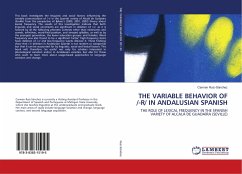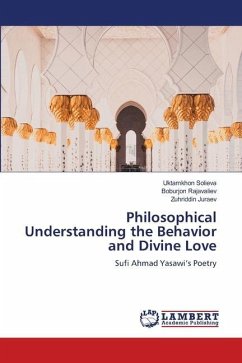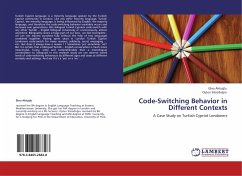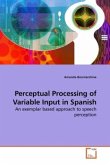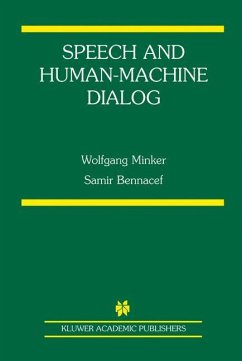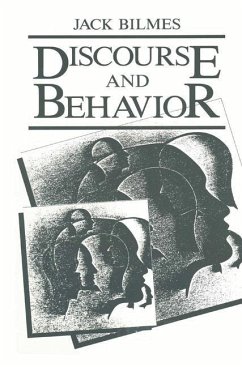This book investigates the linguistic and social factors influencing the variable pronunciation of /-r/ in the Spanish variety of Alcalá de Guadaíra (Seville) from the perspective of Bybee's (2000, 2001, 2002) theory about lexical frequency. The results of this investigation indicate that both linguistic and social constraints are significant in deletion of /-r/, as it is favored by all the following phonetic contexts other than obstruents and vowels, infinitives, word-final position, and stressed syllables, as well as by the youngest generation, the lower education groups, and females. Word frequency was also found to be a significant factor: high-frequency items favor deletion of /-r/ and low-frequency words disfavor it. These findings show that /-r/ deletion in Andalusian Spanish is not random or categorical but that it can be accounted for by linguistic, social and lexical factors. This book will, therefore, be useful not only for scholars interested in phonological variationand/or in Andalusian varieties, but also for those who want to learn more about usage-based approaches to language variation and change.
Bitte wählen Sie Ihr Anliegen aus.
Rechnungen
Retourenschein anfordern
Bestellstatus
Storno

